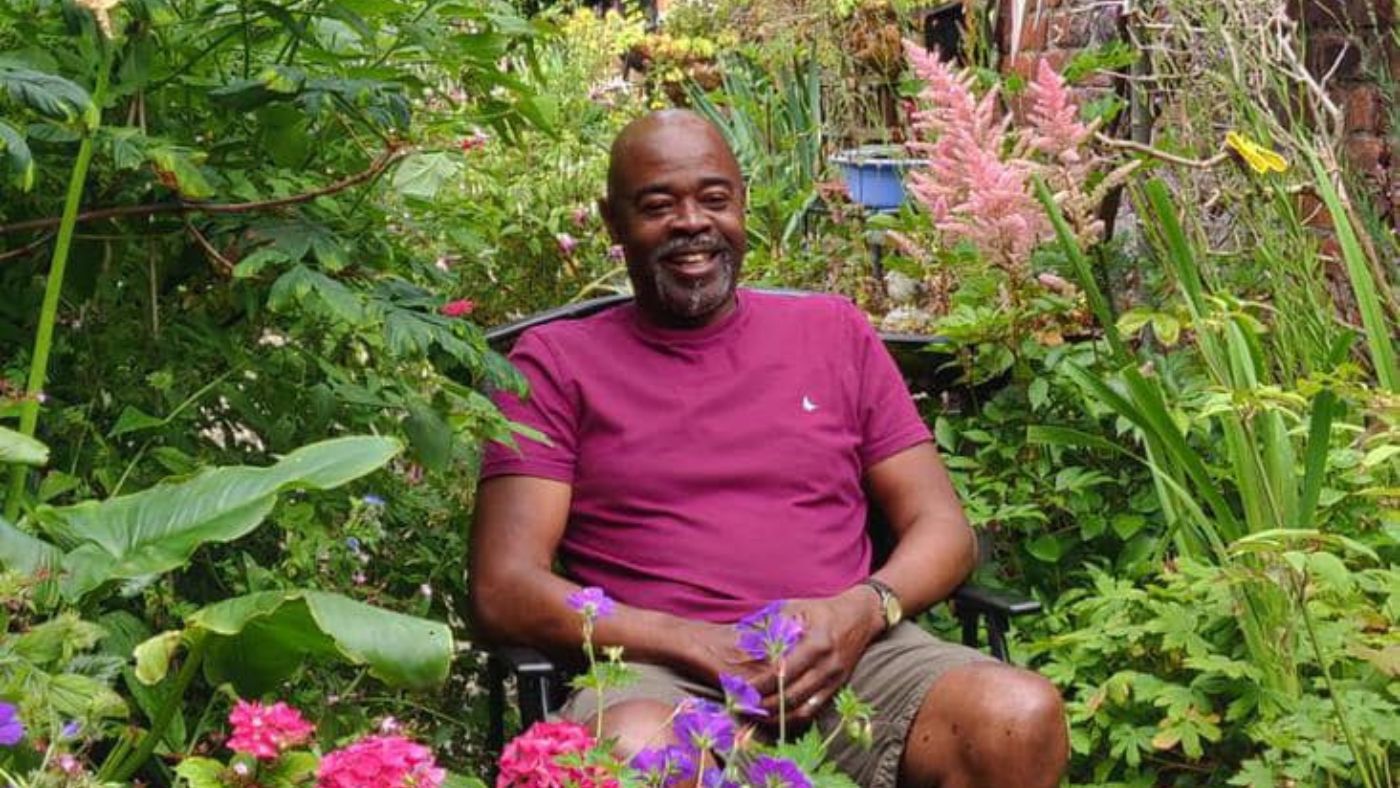Inclusive Britain: a new strategy for tackling racism in the UK
Government has revealed action plan setting out 74 steps that ministers will take

A free daily email with the biggest news stories of the day – and the best features from TheWeek.com
You are now subscribed
Your newsletter sign-up was successful
Last year, the Commission on Race and Ethnic Disparities concluded that Britain had made major advances in narrowing racial inequalities. It found that, although “impediments and disparities do exist, they are varied, and ironically very few of them are directly to do with racism”, as opposed to class and family background. For this, it was denounced by campaigners who prefer to depict Britain as an institutionally racist “dystopia”, said The Times.
Last week, the Government published its own response to the commission, Inclusive Britain, “which wisely replicates the practical ethos of the report itself”. It sets out 74 separate steps that ministers will take, such as: scrutinising the use of police stop and search powers; reducing the number of young black men sent to prison for drug offences; creating a body to measure racial health disparities; and revamping the history curriculum. These initiatives promise to do far more good than airing general grievances about structural racism, “micro-aggressions and white privilege”. Society will be all the better for it.
Of course, multicultural Britain has made many advances, and it’s not just race that determines people’s life chances, said The Guardian. “But minimising racism will not make it go away.” Consider the case, reported last week, of “a grotesquely inappropriate strip search” carried out by police on a 15-year-old black girl in east London. Because she allegedly smelt of cannabis, she was intimately searched by officers, without parental consent or the presence of a teacher. An official investigation found that racism was likely to have been an “influencing factor” in her treatment.
The Week
Escape your echo chamber. Get the facts behind the news, plus analysis from multiple perspectives.

Sign up for The Week's Free Newsletters
From our morning news briefing to a weekly Good News Newsletter, get the best of The Week delivered directly to your inbox.
From our morning news briefing to a weekly Good News Newsletter, get the best of The Week delivered directly to your inbox.
The case is a reminder of the wealth of evidence that people from ethnic minorities are treated differently by Britain’s authorities. By failing to acknowledge this, Inclusive Britain has missed a chance to expose how racism operates in organisations such as the police and the Home Office. And while many of the measures it proposes are sensible, it provides very little funding; “warm words” won’t reduce inequality.
That’s unfair, said Sunder Katwala on CapX. The commission’s original report may have been flawed, but the Inclusive Britain strategy is more “consensual”. It accepts that many institutions need to change: that the police need to reflect the public they serve in terms of ethnic diversity, for instance.
The action plan is also right to focus on specific problems affecting specific groups: it mandates the scrapping of the unhelpful generalised acronym BAME (black, Asian and minority ethnic). All in all, the plan offers the chance to have “a more constructive conversation about the state of the nation on race and, especially, what can be done about it”.
A free daily email with the biggest news stories of the day – and the best features from TheWeek.com
-
 Quiz of The Week: 14 – 20 February
Quiz of The Week: 14 – 20 FebruaryQuiz Have you been paying attention to The Week’s news?
-
 The Week Unwrapped: Do the Freemasons have too much sway in the police force?
The Week Unwrapped: Do the Freemasons have too much sway in the police force?Podcast Plus, what does the growing popularity of prediction markets mean for the future? And why are UK film and TV workers struggling?
-
 Properties of the week: pretty thatched cottages
Properties of the week: pretty thatched cottagesThe Week Recommends Featuring homes in West Sussex, Dorset and Suffolk
-
 Earring lost at sea returned to fisherman after 23 years
Earring lost at sea returned to fisherman after 23 yearsfeature Good news stories from the past seven days
-
 Bully XL dogs: should they be banned?
Bully XL dogs: should they be banned?Talking Point Goverment under pressure to prohibit breed blamed for series of fatal attacks
-
 Netanyahu’s reforms: an existential threat to Israel?
Netanyahu’s reforms: an existential threat to Israel?feature The nation is divided over controversial move depriving Israel’s supreme court of the right to override government decisions
-
 Farmer plants 1.2m sunflowers as present for his wife
Farmer plants 1.2m sunflowers as present for his wifefeature Good news stories from the past seven days
-
 EU-Tunisia agreement: a ‘dangerous’ deal to curb migration?
EU-Tunisia agreement: a ‘dangerous’ deal to curb migration?feature Brussels has pledged to give €100m to Tunisia to crack down on people smuggling and strengthen its borders
-
 Manchester alleyway transformed into a plant-filled haven
Manchester alleyway transformed into a plant-filled havenfeature Good news stories from the past seven days
-
 China’s ‘sluggish’ economy: squeezing the middle classes
China’s ‘sluggish’ economy: squeezing the middle classesfeature Reports of the death of the Chinese economy may be greatly exaggerated say analysts
-
 Non-aligned no longer: Sweden embraces Nato
Non-aligned no longer: Sweden embraces Natofeature While Swedes believe it will make them safer Turkey’s grip over the alliance worries some